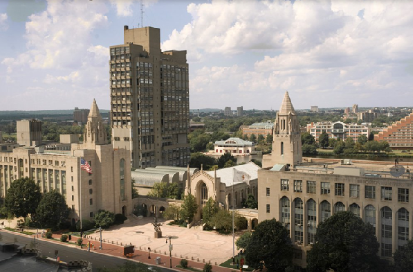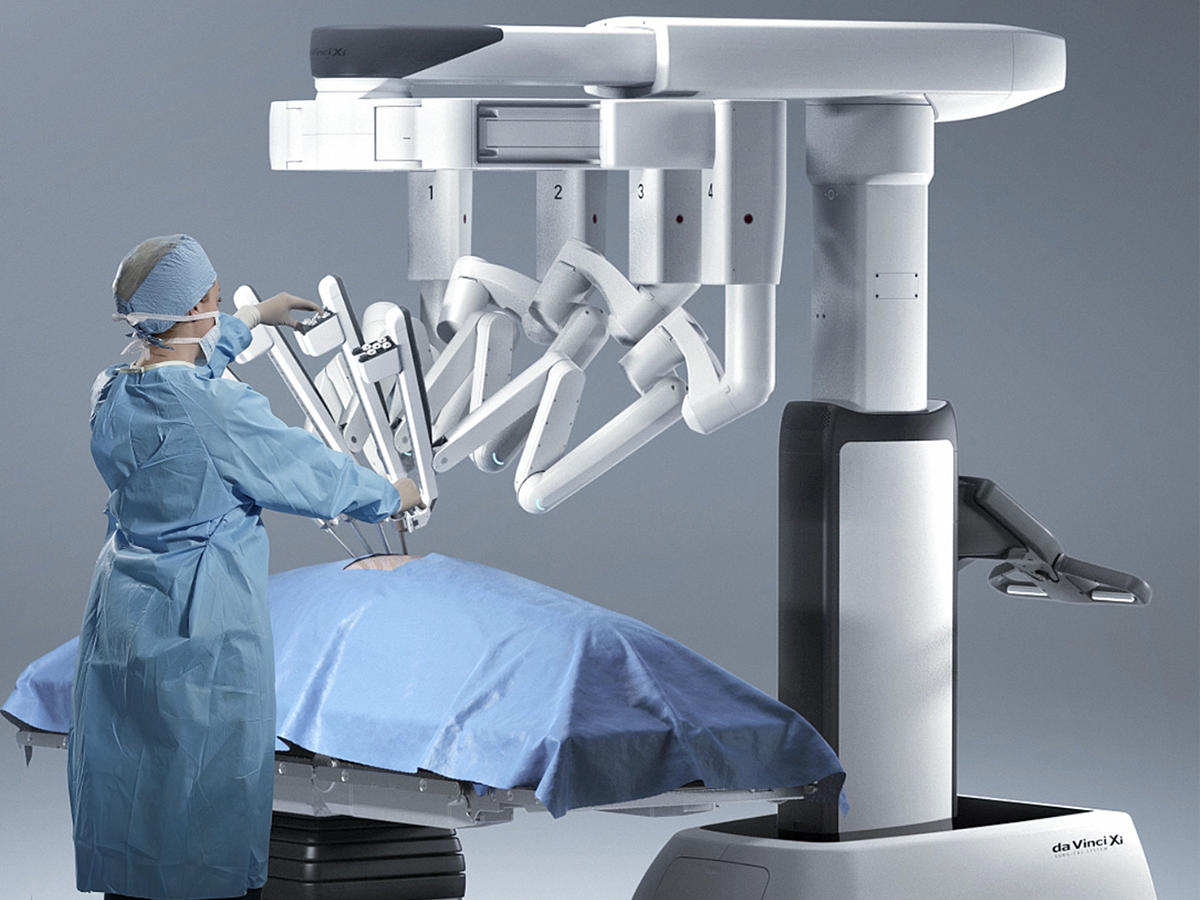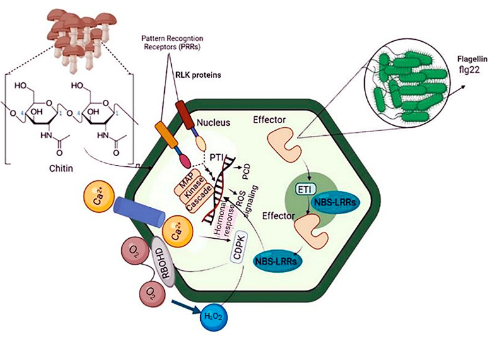A dedicated Retired Employees Liberalized Health Scheme (RELHS) Outpatient Department (OPD) was recently opened by the Divisional Railway Hospital (DRH) in Nagpur with the goal of offering specialized medical care to retired railway workers, especially older persons. The hospital hosted the inaugural ceremony, which was presided over by Chief Nursing Superintendent Anneamma George. Along with other medical personnel and dignitaries, a number of high-ranking officials attended the ceremony, including DRM Manish Agarwal, ADRM P Khairkar, and Dr. GS Manjunatha, the Chief Medical Superintendent (CMS) of Nagpur.
With the unique needs of retired railway workers in mind, the new RELHS OPD was created to give them a senior-friendly setting that puts their comfort and medical needs first. Reducing wait periods for visits and treatment—which can be difficult for elderly people—is one of the facility’s main advantages. The hospital hopes to provide a more efficient and individualized healthcare experience by setting aside a specific area for these seniors. The Nagpur Division’s larger initiative to guarantee that its retired workers, who have made substantial contributions to the Indian Railways, continue to get first-rate medical treatment in their later years includes this development.
To improve its healthcare services, the hospital also unveiled two cutting-edge medical gadgets in addition to the RELHS OPD. In order to effectively and non-invasively test neonates for hyperbilirubinemia—a disorder marked by elevated blood bilirubin levels that can cause jaundice—the first tool is a transcutaneous bilirubinometer. This tool is especially helpful for neonatal care because it eliminates the need for uncomfortable blood tests and enables physicians to evaluate neonates fast and precisely.
A state-of-the-art intraoperative imaging system created especially for use in orthopedic and urological procedures was the second gadget unveiled during the ceremony. With its dual 19-inch monitors and sophisticated imaging features, the equipment minimizes radiation exposure to patients while guaranteeing surgical accuracy. By permitting more precise procedures and producing sharper images, this technology promises to greatly enhance surgical outcomes.
DRM Agarwal praised the medical department’s ongoing efforts to modernize healthcare services and enhance the patient experience during the inauguration. Additionally, he thanked the hospital personnel for their hard work and dedication in putting these new developments into practice, which helps to raise the standard of healthcare in the area. These initiatives demonstrate the hospital’s continued dedication to offering both current and retired railway workers top-notch, cutting-edge medical care.
SOURCE :
TIMES OF INDIA








